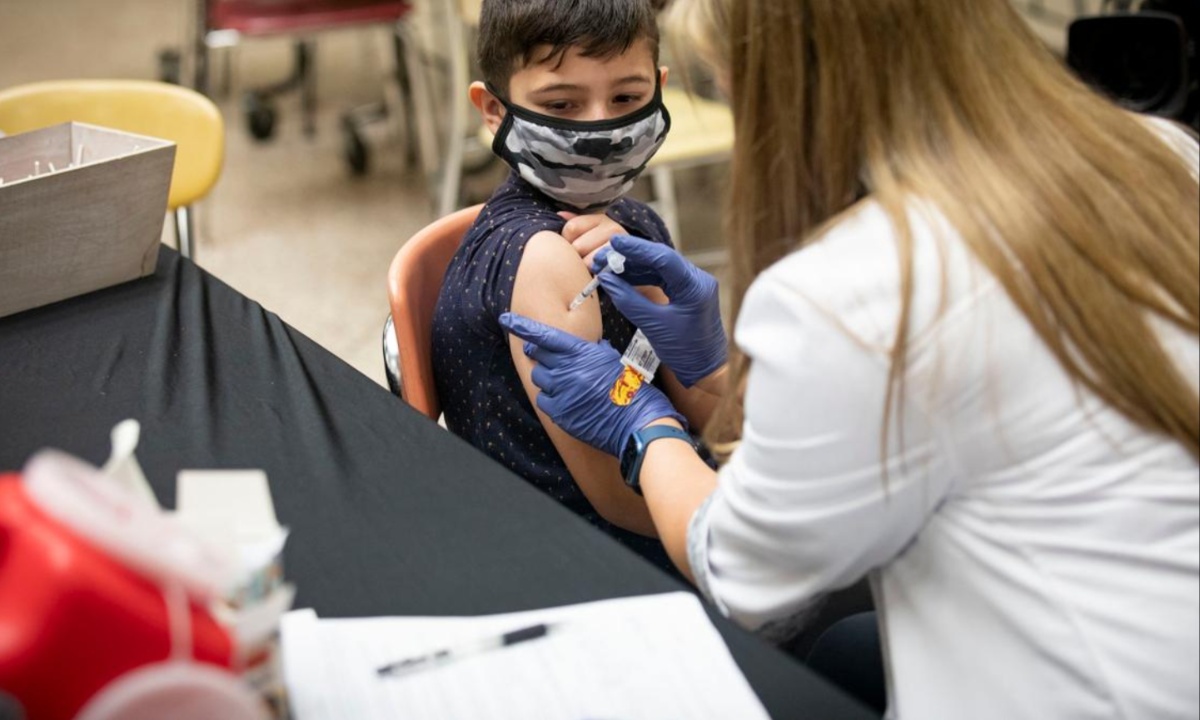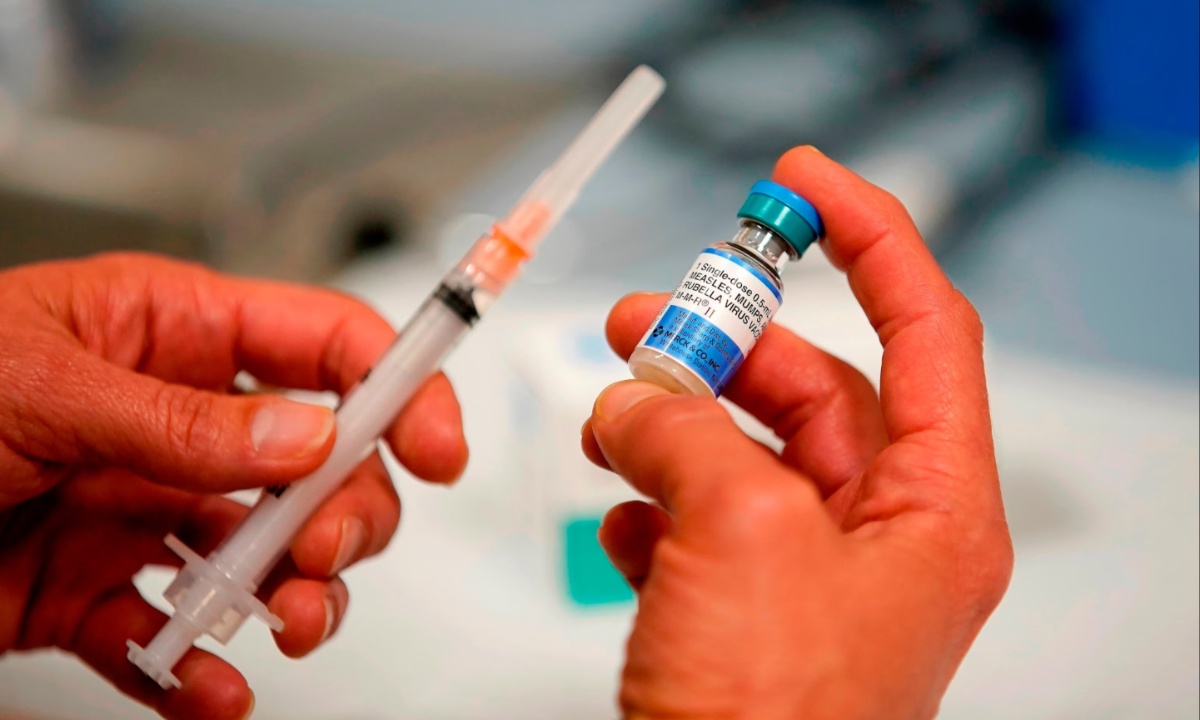As Pennsylvania students return to school, nurses across the state are diligently working to ensure students are up-to-date with their vaccinations. This routine task is essential for protecting children from preventable diseases like tetanus and hepatitis B. However, the growing number of parents seeking exemptions from vaccinations for philosophical or religious reasons is making the process more challenging and reflects broader parental concerns about how best to care for their children.
The increase in vaccination exemptions is part of a larger issue that has gained momentum during the COVID-19 pandemic. Disruptions to healthcare services and rising vaccine hesitancy have led to a decline in childhood vaccination rates, which has contributed to the resurgence of diseases like measles.
This year, the U.S. has reported 219 cases of measles, with children under five years old making up a significant portion of these cases, many of whom required hospitalization.
Maintaining high vaccination rates is crucial to preventing outbreaks of diseases like measles and polio. However, Pennsylvania’s vaccination rates have been declining, with the rate of measles vaccinations among kindergarteners dropping from 96.4% in the 2019-20 school year to 94% in 2022-23. If vaccination rates continue to fall, the state could face a serious public health threat that is entirely preventable.

School nurses play an essential role in promoting vaccinations and providing parents with information on their benefits. Despite their efforts, the ultimate decision to vaccinate lies with the parents.
Many parents who hesitate to vaccinate are not driven by misinformation but by a variety of concerns, including fears about potential side effects and the belief that natural immunity is preferable to vaccine-induced immunity. Sociologist Jennifer Reich explains that this hesitancy is often rooted in a complex mix of beliefs about health and safety.
American cultural values also contribute to vaccine hesitancy. The emphasis on individual choice and personal responsibility can lead parents to believe that they can protect their child’s health through diet, exercise, and other lifestyle choices, rather than through vaccination. This perspective can undermine public health efforts, as it overlooks the collective benefits of widespread immunization.
Healthcare providers like Dr. Kate Tigue are working to address these concerns by having in-depth conversations with parents about the risks of diseases like measles and the safety of vaccines.
While these discussions are important for increasing vaccination rates, the decision can still be daunting for some parents, who may worry about the rare but serious side effects of vaccines and the burden of dealing with any negative outcomes on their own.
